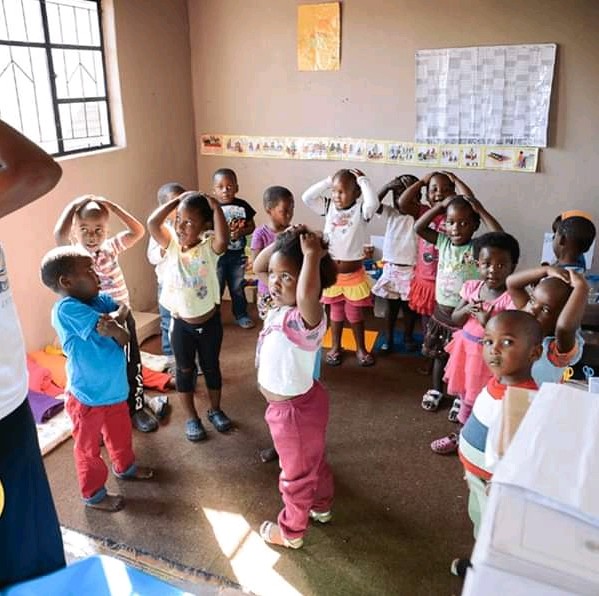After months of being told that home – away from friends and extended family – is the safest place to be, it is natural that children will be experiencing a range of emotions at the prospect of going back to school. From anticipation and excitement at the idea of seeing their friends to fear and anxiety at the possibility of getting sick or putting their loved ones at risk.
To help children through this transition period, caregivers need to have on-going and guided conversations with their children. This will help them to process their thoughts and feelings and adapt to the new normal. However, children – especially younger children – are not always able to identify and express their feelings. Stories offer a warm and age-appropriate way to engage children around their challenges and feelings.

Reading stories together can help your children in the following ways:
- When reading a story with a character who has to deal with an issue similar to the one your child is facing, it helps them realise that other children have similar problems and they are not alone.
- Stories can help children better understand a challenging situation, to discover how to cope with it and explore what options are available to them. Reading stories can help them understand themselves better.
- Stories give us a great starting point for discussions about things that are sometimes difficult to talk about. Asking open-ended questions about the story you are reading helps children to think and talk about their personal concerns, emotions or ideas. Use questions like “Why do you think she did/said that?”, “What do you think he should do?”, “How would you feel if…?”.
- Reading stories together can lead to other forms of self-expression too. For example, your children could retell and/or act out the story, tell or write their own story, draw a picture about the story or one that is inspired by it, or write to one of the story characters.
Stories might not have the power to change the situation, but they can help us to understand it better or differently. They can influence how we experience and respond to what is happening in our lives. It is also an easy and pleasurable bonding experience for a child and caregiver.
For more information about the Nal’ibali campaign, or to access children’s stories in a range of SA languages, send the word ‘stories’ to 060 044 2254. You can also find Nal’ibali on Facebook and Twitter: @nalibaliSA.
